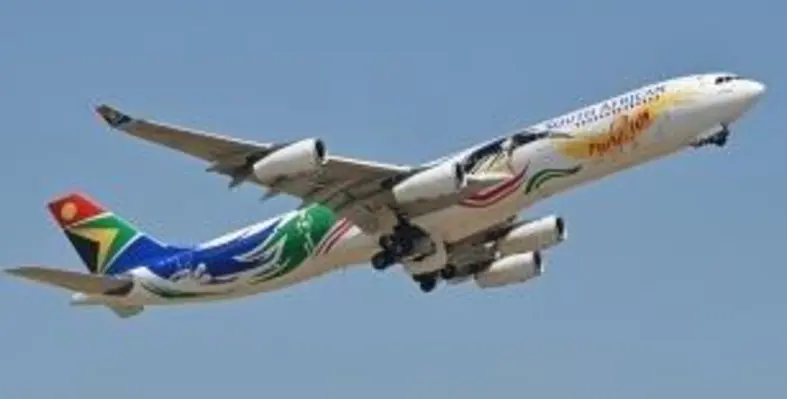Boeing, South African Airways (SAA) and low-cost carrier Mango has successfully launched Africa’s first passenger flights using sustainable aviation biofuel produced in South Africa
The Boeing 737-800 biofuel-fuelled planes used home-grown feedstock from the Marble Hall area in the Limpopo region of South Africa as part of Project Solaris.
The Solaris tobacco plant project extracts a vegetable crude oil from the leaves, flowers and seeds of the nicotine-free, hybridised tobacco plant. The oil is then exported to the US, where it is refined and transported back to South Africa. A mixture of 30 per cent biofuel and 70 per cent conventional fossil fuel was used for the flights. The fuel for the flights was supplied by sustainable jet fuel company SkyNRG and produced by AltAir Fuels.
The remaining seedcake from the oil production is used as a high protein animal feed supplement that also contributes to food security.
At a recent panel discussion in Cape Town, representatives from SAA, Sunchem, Boeing, and SkyNRG noted that the cost of the aviation bio-fuel will become competitive with traditional aviation fuel once the country has its own supply chain, including a refinery.
“The project has brought economic and rural development to the Limpopo province in keeping with SAA’s mandate to support the South African National Developmental Plan. It establishes a new regional bio jet fuel supply chain of which we can rightfully be proud,” said SAA acting CEO Musa Zwane.












